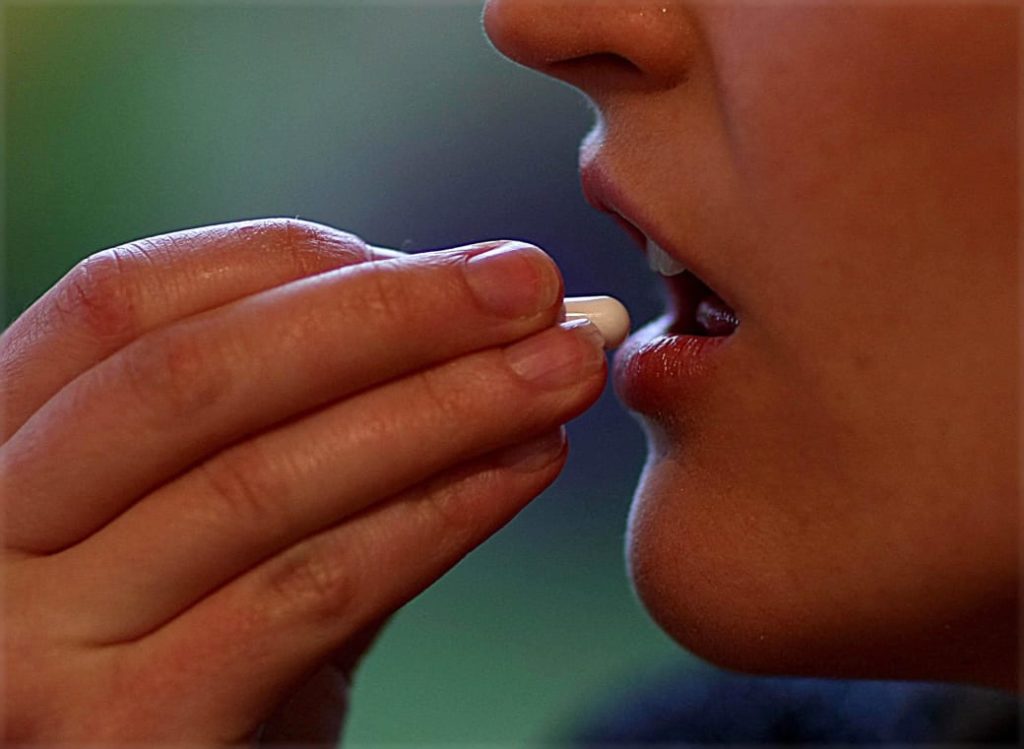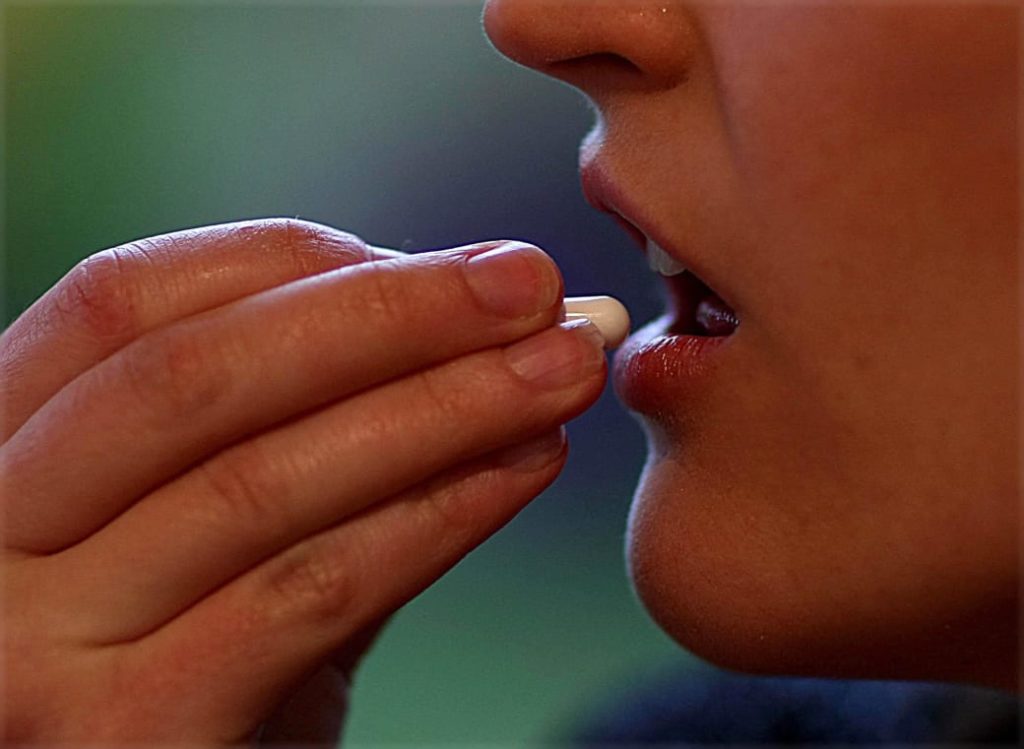
Almost half a million people in England, Scotland and Wales missed out on starting their blood pressure-lowering drugs during the pandemic, according to new research.
Experts have warned that delays in getting medication to stave off deadly heart and circulatory diseases mean thousands of people are at risk of a heart attack or stroke.
They said the findings, published in the journal Nature Medicine, highlight the need to identify and treat people so they can avoid developing life-threatening conditions.
Lead author Professor Reecha Sofat, associate director at the British Heart Foundation’s (BHF) Data Science Centre and Breckenridge chair of clinical pharmacology at the University of Liverpool, said: “Measures to prevent infection spread were necessary and undoubtedly saved lives.
The NHS has already taken important and positive steps towards identifying people with high blood pressure as early as possible.
“However, we need this focus to be sustained in the long term to prevent any increase in heart attacks and strokes which will add to a healthcare system already under extreme pressure.”
As part of the research supported by the BHF, the experts looked at 1.32 billion records of medication dispensed to 15.8 million people between April 1 2018 and July 31 2021.
They found that 491,306 fewer people than expected started taking blood pressure-lowering medication between March 2020 and July 2021, including 402,448 in England, 60,033 in Scotland and 28,825 in Wales.
The researchers estimate that if these individuals’ high blood pressure remained untreated, it could lead to more than 13,500 additional cardiovascular events, including over 2,000 heart attacks and 3,000 strokes.
They believe that identifying those who missed out on medication within five years may reduce the total number of cardiovascular events to around 2,716 – including 727 heart attacks and 460 strokes.
Dr Sonya Babu-Narayan, associate medical director at the BHF and consultant cardiologist, said: “Yet again we’re seeing clear evidence of the major disruption to healthcare people in the UK experienced during the Covid-19 pandemic.
“But it’s not too late to limit the damage.
“These findings demonstrate how getting heart healthcare back on track can curb the additional strain that untreated risk factors such as high blood pressure would otherwise place on the NHS.
“We need to make it easier and more accessible for everyone to know their numbers – particularly their blood pressure and cholesterol.”
Heart-attack symptoms to look out for
There are a few symptoms of a heart attack to look out for. According to NHS advice, it is best to call 999 immediately if you or someone else is experiencing any of the following:
- Chest pain – a feeling of pressure, heaviness, tightness or squeezing across your chest
- Pain in other parts of the body – it can feel as if the pain is spreading from your chest to your arms (usually the left arm, but it can affect both arms), jaw, neck, back and tummy
- Feeling lightheaded or dizzy
- Sweating
- Shortness of breath
- Feeling sick (nausea) or being sick (vomiting)
- An overwhelming feeling of anxiety (similar to a panic attack)
- Coughing or wheezing
The chest pain is often severe, but some people may only experience minor pain, similar to indigestion.
While the most common symptom in both men and women is chest pain, women are more likely to have other symptoms such as shortness of breath, feeling or being sick and back or jaw pain.
More seriously, cardiac arrest can occur which is a complication with the heart’s rhythm and sudden spasm.
Signs and symptoms that suggest a person has gone into cardiac arrest include:
- They appear not to be breathing
- They’re not moving
- They don’t respond to any stimulation, such as being touched or spoken to
What to do while waiting for an ambulance
If you have had a heart attack, it is important to rest while waiting for an ambulance to arrive to avoid any unnecessary strain on the heart.
It is advised that you chew and then swallow an aspirin (300mg) to thin the blood and improve circulation to the heart.
If in more serious circumstances and the person in question has suffered a cardiac arrest, the heart will have stopped beating so it is imperative to start CPR straight away.
If you think somebody has gone into cardiac arrest and you do not have access to an automated external defibrillator (AED), you should perform chest compressions, as this can help restart the heart.
This video from the British Heart Foundation shows how to correctly do chest compressions. Watch here.
To do chest compressions on an adult:
- Place the heel of your hand on the breastbone at the centre of the person’s chest. Place your other hand on top of your first hand and interlock your fingers.
- Using your body weight (not just your arms), press straight down by 5 to 6cm on their chest.
- Repeat this until an ambulance arrives.
Aim to do 100 to 120 compressions a minute.
If you have access to an AED, you should use it. An AED is a safe, portable electrical device that most large organisations keep as part of first aid equipment.
It helps to establish a regular heartbeat during a cardiac arrest by monitoring the person’s heartbeat and giving them an electric shock if necessary.






